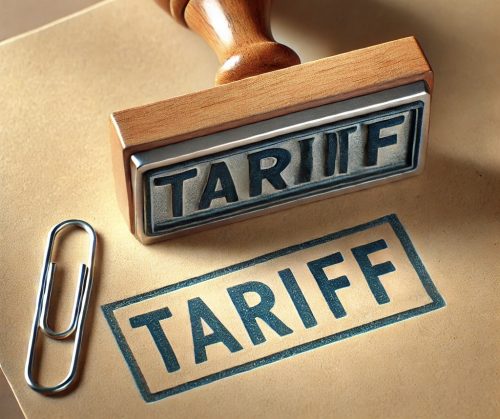LATEST INSIGHTS
Your Present Location: LATEST INSIGHTSEconomist Jeffrey Sachs slams Trump for tariff moves against India
Economist Jeffrey Sachs slams Trump for tariff moves against India
Source: The American Bazaar
Updated: August 21, 2025

Economist Jeffrey Sachs did not hold back while criticizing President Donald Trump and his administration for alienating and betraying India with its tariff moves.
Sachs laid into Senator Lindsey Graham on Breaking Points, branding him “the worst senator in the U.S. Senate” and “just a fool,” while slamming Trump-era tariffs on India as “the stupidest tactical move of U.S. foreign policy for a long time.”
“Donald Trump was the great unifier of the BRICS,” Sachs added. “I like the BRICS, by the way, but the opposite of what Lindsey Graham or Peter Navarro could have been thinking happened.”
READ: India’s ban on real-money online games threatens fantasy gaming industry’s survival
Sachs is a renowned American economist, academic, and policy advisor widely recognized for his work on sustainable development, economic reform, and global health. Born in 1954, Sachs earned his PhD in economics from Harvard University, where he later became a professor. Over his career, he has served as a chief economist at the World Bank and advised numerous governments on economic policies, particularly in Latin America, Eastern Europe, and Africa during periods of major transition.
He is a leading voice on climate change and poverty reduction and has been a special advisor to United Nations Secretaries-General on the Millennium Development Goals and the Sustainable Development Goals. As director of the Center for Sustainable Development at Columbia University, he focuses on integrating economic growth with environmental stewardship and social inclusion.
The fallout, according to Sachs, was strategic and long-lasting. “Going after India — a country the US has been cultivating — destroyed trust,” he said. “Even if the tariff is removed, the Indians learned a lesson: you cannot trust the United States.”
Early this year, Trump imposed a 25% tariff on nearly $87 billion worth of Indian imports, marking a significant escalation in the U.S.-India trade tensions. This move was primarily driven by India’s continued purchase of discounted Russian oil, which the U.S. government viewed as undermining international efforts to isolate Russia economically. The tariffs targeted key Indian export sectors such as electronics, pharmaceuticals, textiles, and gems and jewelry.
Economists warned that these measures could slow India’s GDP growth by up to 0.4 percentage points in the 2025–26 fiscal year, with projections indicating a potential 6.4% decline in India’s exports to the U.S. The tariffs also came alongside threats of further penalties related to India’s defense procurements from Russia, underscoring the broader geopolitical stakes involved.
The trade dispute has rippled beyond economics, intensifying geopolitical dynamics in the region. Russia condemned the U.S. tariffs as unjustified, reaffirming its commitment to supplying oil to India through alternative mechanisms. Meanwhile, the strain has nudged India and China closer together, as both countries seek to strengthen trade ties and address longstanding border and diplomatic issues.
Despite the tensions, India has continued diplomatic efforts to engage with the U.S., hoping for a reconsideration of the tariffs to mitigate the economic fallout. This evolving situation highlights the complex interplay of trade, energy security, and international relations shaping global politics in 2025.
U.S. tariffs on Indian imports have exposed the fragile nature of international alliances in a rapidly shifting global landscape. What began as a targeted move against India’s purchase of Russian oil has evolved into a broader diplomatic and economic challenge, straining the historically cooperative U.S.-India relationship. The economic consequences, slowed growth and reduced exports, are compounded by geopolitical realignments that may reshape trade and security in Asia.
Key Words: India tariff























































































 京公网安备 11010802037854号
京公网安备 11010802037854号





